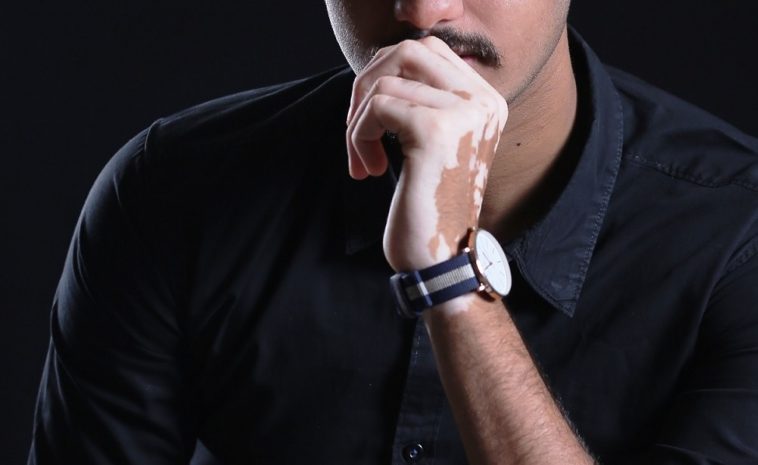Living with vitiligo, especially at a young age, can be a challenging experience. When the loss of melanin become persistent, going out in public and eating out with friends may seem like a lot of work. And, once you develop social anxiety as a consequence of ever-changing appearance, the ability to travel, getting to places beyond walking distance, going shopping, and doing laundry get hard.
Change is an opportunity to negotiate how life will play out for you. No one can predict the future but one can unfold it in the right direction. Luckily, certain modifications in your life can make living with vitiligo a comfortable and stress-free experience.
Vitiligo fighters can incorporate the following changes in their routine and surroundings to make a big difference in their daily routine. Earlier you bring these changes, easier it will be for you to adapt to this new and stress-free lifestyle.
1. As a thumb rule, start your day by channeling your emotions into an activity you love. It can be anything – a song, a poem or a diary entry to register to your feelings. This will only help you understand them.
2. If you are going through a vitiligo treatment, make a diet plan in consultation with your doctor. Though, it’s always best to include high fiber, high protein, and soft foods in your diet as per the requirement.
3. Design an exercise program with the help of an expert trainer. A plan that includes active movement, stretching, muscle strengthening, and coordination exercises will rejuvenate you and release endorphins – one of the happiness hormones.
4. Maintain an eight-hour sleep cycle to keep vitiligo worries at bay. A night of restful sleep will not just relax your body but also pacify your senses. Avoid caffeine and alcohol before bedtime to get some quality sleep.
5. Breathe out stress. A simple check on your breathing could help you release momentary anxiety caused by vitiligo. To rectify short, choppy breaths (that often accompany stress), elongate and deepen the breath. It will help you dampen the body’s stress response.
6. Last but not least, educate your loved ones. Caregiver education plays an important role in the management of vitiligo, especially if you need emotional support more than often. Caregiver’s knowledge about psychological symptoms of vitiligo can impact his/her ability to provide the emotional care you need. Ask him/her to be with you at vulnerable times.

